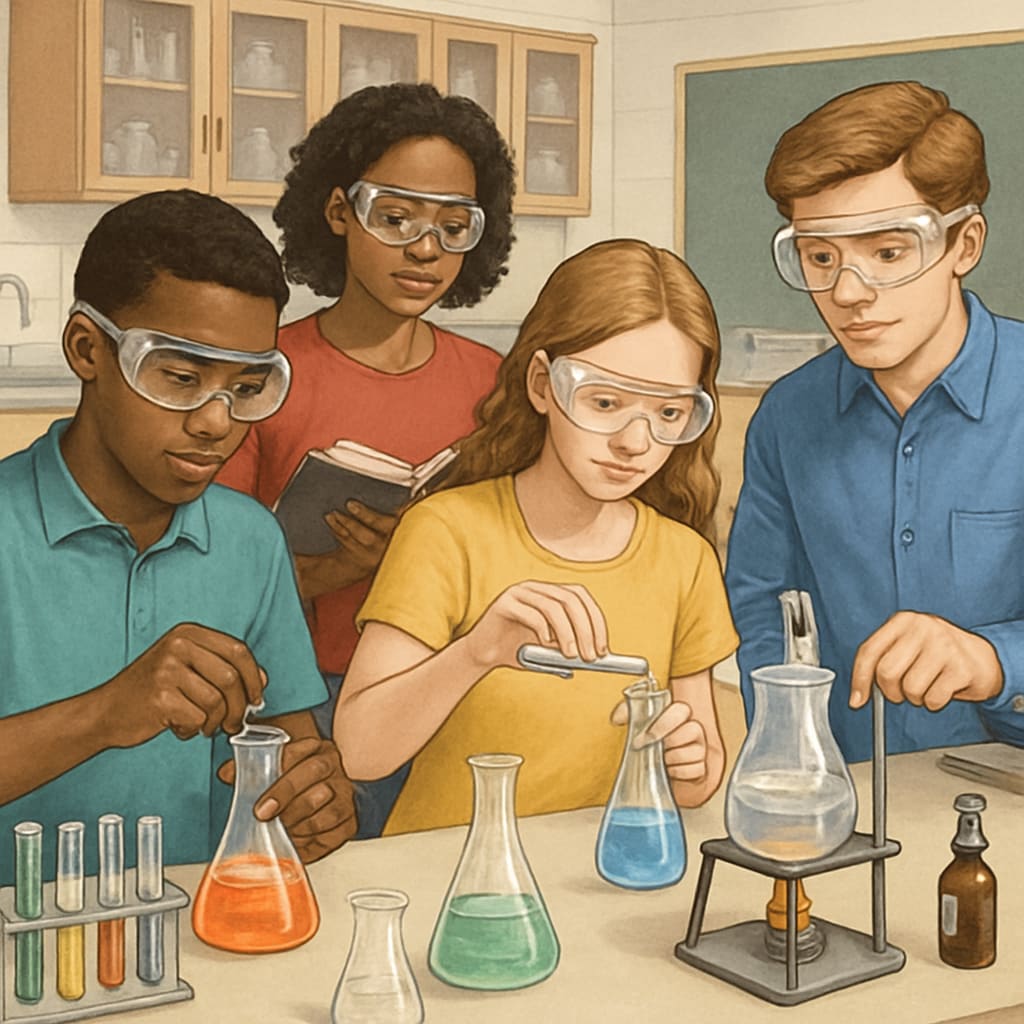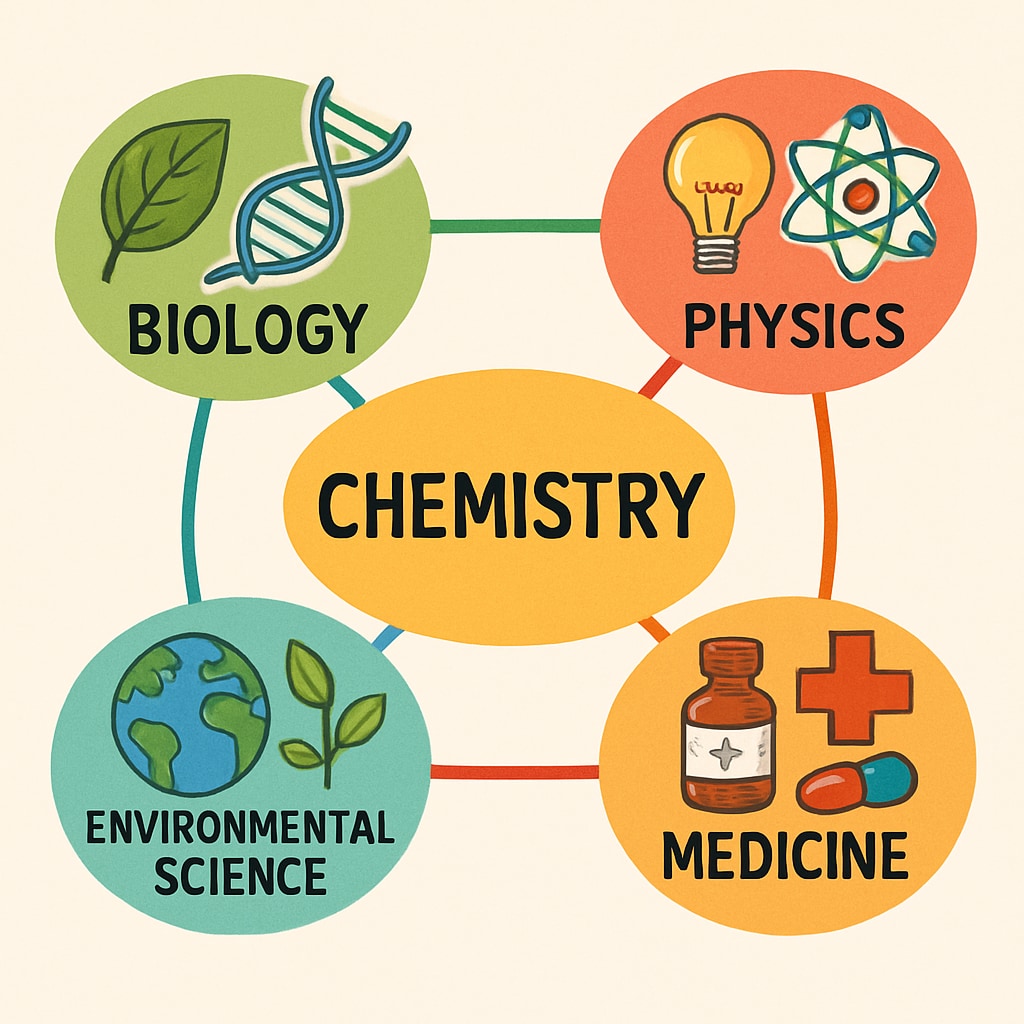Many students face chemistry research, high school projects, and topic selection challenges when starting their scientific investigations. This comprehensive guide provides practical strategies to identify compelling research questions while working within school laboratory constraints.
Identifying Your Chemistry Research Interests
Begin by exploring these fundamental questions:
- Which chemistry branches (organic, analytical, physical) fascinate you most?
- What real-world problems connect with your personal experiences?
- Which classroom experiments sparked your curiosity?
According to the American Chemical Society, successful student projects often emerge from everyday observations. For example, investigating food preservation methods could lead to valuable experiments.

Developing Feasible Investigation Methods
Transform broad interests into actionable projects using this framework:
- Scope refinement: Narrow “water pollution” to “pH effects on local stream ecosystems”
- Resource assessment: Inventory available equipment and chemicals
- Safety evaluation: Consult your teacher about experiment protocols
The Science Buddies project database demonstrates how complex concepts can be adapted for school labs.
Interdisciplinary Project Opportunities
Chemistry connects with numerous fields:
- Environmental science: Study biodegradable materials
- Medicine: Analyze vitamin C stability in different storage conditions
- Art conservation: Test cleaning methods for metal artifacts

Project Development Timeline
Follow this phased approach for successful execution:
| Phase | Duration | Key Tasks |
|---|---|---|
| Concept Development | 2 weeks | Literature review, hypothesis formation |
| Experimental Design | 1 week | Procedure planning, safety checks |
| Data Collection | 3-4 weeks | Controlled experiments, observations |
Remember that overcoming chemistry research challenges builds critical thinking skills valued by universities. Start small, document thoroughly, and don’t fear unexpected results – they often lead to the most interesting discoveries.


